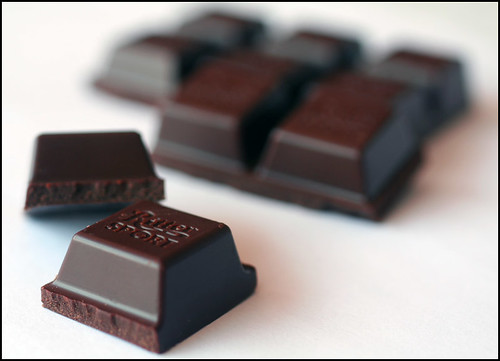Irritable Bowel Syndrome is a convenient blanket term for a variety of symptoms ranging from mild stomach ache to digestive mayhem. The good news is that it is relatively easy to cure. The first thing to do is to establish the symptoms:
Do you:
Have bouts of constipation and/or diarrhea?
- Experience discomfort after eating most meals?
- Suffer from belching or flatulence?
- Feel that food sits heavy in your stomach after eating?
- Feel that food is not going down well and liable to come back up again?
- Have trouble sleeping due to stomach pains?
- Feel as if you have gone up a clothes size or two in the morning?
- Feel as if someone is twisting your insides?
If you are experiencing several of these symptoms, then your digestion is likely to be poor. If you are prone to eating late at night or become uncomfortable after eating foods that are rich and high in fat, a change in your eating habits is necessary if you want to alleviate the problem. Alternatively, taking milk thistle before or after a rich meal and centaury before a late meal can help minimise the discomfort.
Keep the bowels moving
If you suffer from pain in the lower abdomen it may be due to the fact that your bowels don’t move every day and that bloated feeling is probably due to putrefying wastes sitting around inside you and producing excess gas. The re-absorption of toxins back into the bloodstream from the putrefying waste can be the cause of skin problems, lethargy and irritability. If you get alternating constipation and diarrhea, treat the constipation because ongoing constipation can be the cause of diarrhea.
Whatever you do, don’t let constipation continue unchecked. Try using a natural laxative combining the stimulation action of senna and frangula with linseed. But be careful to take only in small doses as it can be extremely effective. Ground psyllium husks can be of benefit too but must be taken with plenty of water.
To keep bowels moving:
- Eat plenty of fiber and most importantly a variety of fiber. Include fruit and vegetables, oat bran and seeds
- Aim to drink between 1.5 and 2 litres of water every day to ensure that the contents of the bowel don’t dry out, reducing irritation and constipation
- Try to incorporate exercise into your daily routine. It can help stimulate the muscles of the gut. It doesn’t have to involve trips to the gym. Walking, for example, is an excellent way of getting your daily exercise. It can be done anywhere and is free.
Watch the way you eat
If you suffer from bloating or flatulence, it may be that you are prone to gulping your food. If this is the case, try to slow down when you are eating and aim to chew each mouthful twenty times if possible. It is really important to chew your food properly as this alerts your stomach to the fact that food is on its way, giving it time to produce enzymes and stomach acid. Without these, your food will not be broken down properly.
Don’t eat on the move. Relax when eating and savour every mouthful. Your body cannot digest food if you are running around at the same time. Whenever possible, see mealtimes as an opportunity to catch up with family and friends. Try not to drink too much liquid along with your food as this will only serve to dilute the digestive juices and flush the food through the digestive system too quickly.
If you suffer from stomach acid, the herb centaury may help to rebalance the production of stomach acid and leave you with the right amount to deal with your food.
Look out for trigger foods
Certain foods are known trigger foods for Irritable Bowel Syndrome and consumption of these should be reduced. These include dairy, wheat, fried fatty foods, spicy foods and citrus fruit.
It can be helpful to keep a food diary and take note of how your body reacts to different foods. Eliminate those which do not agree with you and your digestive system will soon reap the benefits. Tea and coffee should also be avoided.
Follow these tips and you’ll be amazed at the difference it makes.

